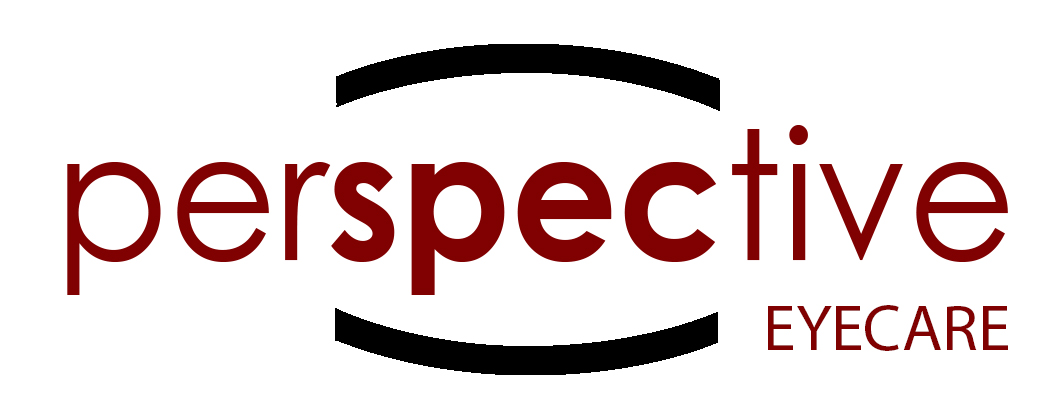Use It, Don’t Lose It: Why Now Is the Perfect Time to Spend Your HSA or FSA Dollars
/If you’re like many people, your Healthcare Savings Account (HSA) or Flexible Spending Account (FSA) might feel like something you set up, contribute to, and then forget about until the end of the year. Life gets busy, medical tasks get postponed, and suddenly December sneaks up—bringing with it the realization that you still have money waiting to be used.
The good news? There’s still time to make those dollars work for you. Whether you’re carrying an FSA that won’t roll over or an HSA that’s quietly growing in the background, using your healthcare savings wisely can bring relief, wellness, and real financial benefit. Here’s why now is the perfect time to tap into those funds—and how to put them to good use.
You’ve Already Earned This Money
It’s easy to forget that your HSA or FSA balance is yours. You contributed to it throughout the year, and many employers added to it as well. These aren’t bonus dollars—they’re part of your compensation. Using them isn’t wasting money; it’s claiming money you already set aside for your wellbeing.
And if you have an FSA, remember: most of those funds expire at the end of the plan year. That means every dollar you don’t use is a dollar you lose. No one likes leaving their hard-earned money behind.
You Can Spend It on More Than You Think
Many people think these accounts are only for doctor visits or prescriptions, but the list of eligible expenses is surprisingly long. You can use your HSA or FSA for eyeglasses, dental cleanings, contact lenses, sunscreen, first aid kits, menstrual care products, chiropractic care, therapy, over-the-counter medications, medical devices, and much more.
Have you been putting off an eye exam? Want to finally upgrade those old glasses? Need to restock essentials for your home first-aid cabinet? Your healthcare funds can cover all of it.
Investing in Health Today Saves Money Tomorrow
Preventive care is one of the smartest ways to use account dollars. Scheduling a dental checkup now might save you from a painful—and expensive—procedure later. The same goes for routine physicals, screenings, and mental health visits.
If you have an HSA, you’re in an even better position. HSAs roll over year after year, and unused funds can grow tax-free. Spending strategically—such as using some funds for preventive care while letting the rest grow—can create a long-term health safety net.
It’s the Perfect Opportunity for a Wellness Reset
Think of using your HSA/FSA funds as an act of self-care. Maybe it’s finally getting new orthotics so your feet stop hurting. Maybe it’s booking that long-overdue therapy session. Or restocking the health supplies in your home so you’re ready for whatever the new year brings.
Your wellbeing matters. These accounts are designed to support exactly that.
Make the Most of Your Benefits Before Time Runs Out
Don’t let another year pass with unused dollars sitting in your account—or worse, disappearing altogether. Take a few minutes today to check your balance, review eligible expenses, and schedule any appointments you’ve been postponing.
Your health is worth the investment. And you’ve already saved the money—now’s the time to use it.

